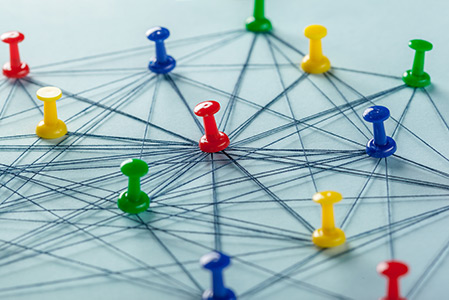What is Mutual Legal Assistance?
Mutual Legal Assistance (MLA) is the formal process of sharing evidence about criminal investigations or prosecutions between countries.
Many countries including Australia rely on Mutual Legal Assistance Treaties (MLATs) to govern the MLA process. An MLAT is an agreement between states outlining the terms for managing cross-jurisdictional requests for evidence.
A report commissioned by the Global Network Initiative, Data Beyond Borders: Mutual Legal Assistance in the Internet Age recommends that there should be an MLAT specific to each unique state-to-state relationship.
With which countries does Australia have a Mutual Legal Assistance Treaty?
Australia has Mutual Legal Assistance Treaties with the following countries:
| Argentina | India | Philippines |
| Austria | Indonesia | Portugal |
| Canada | Israel | Spain |
| China | Italy | Sweden |
| Ecuador | Republic of Korea | Switzerland |
| Finland | Luxembourg | Thailand |
| France | Malaysia | United Arab Emirates |
| Greece | Mexico | United Kingdom |
| Hong Kong | Monaco | United States of America |
| Hungary | Netherlands | Vietnam |
Can Australia engage in MLA with another country where no treaty exists?
States can elect to provide MLA without a treaty, however MLATs are the best way to outline a streamlined process. The MLA process in general has been criticised as being inefficient and in need of reform, with the time taken to process a request being measured in months and in some cases years. The lack of an MLAT can add to this problem, magnifying uncertainty around how to deal with government requests for data across jurisdictions.
Further reading: Australia’s Bilateral Extradition Relationships



